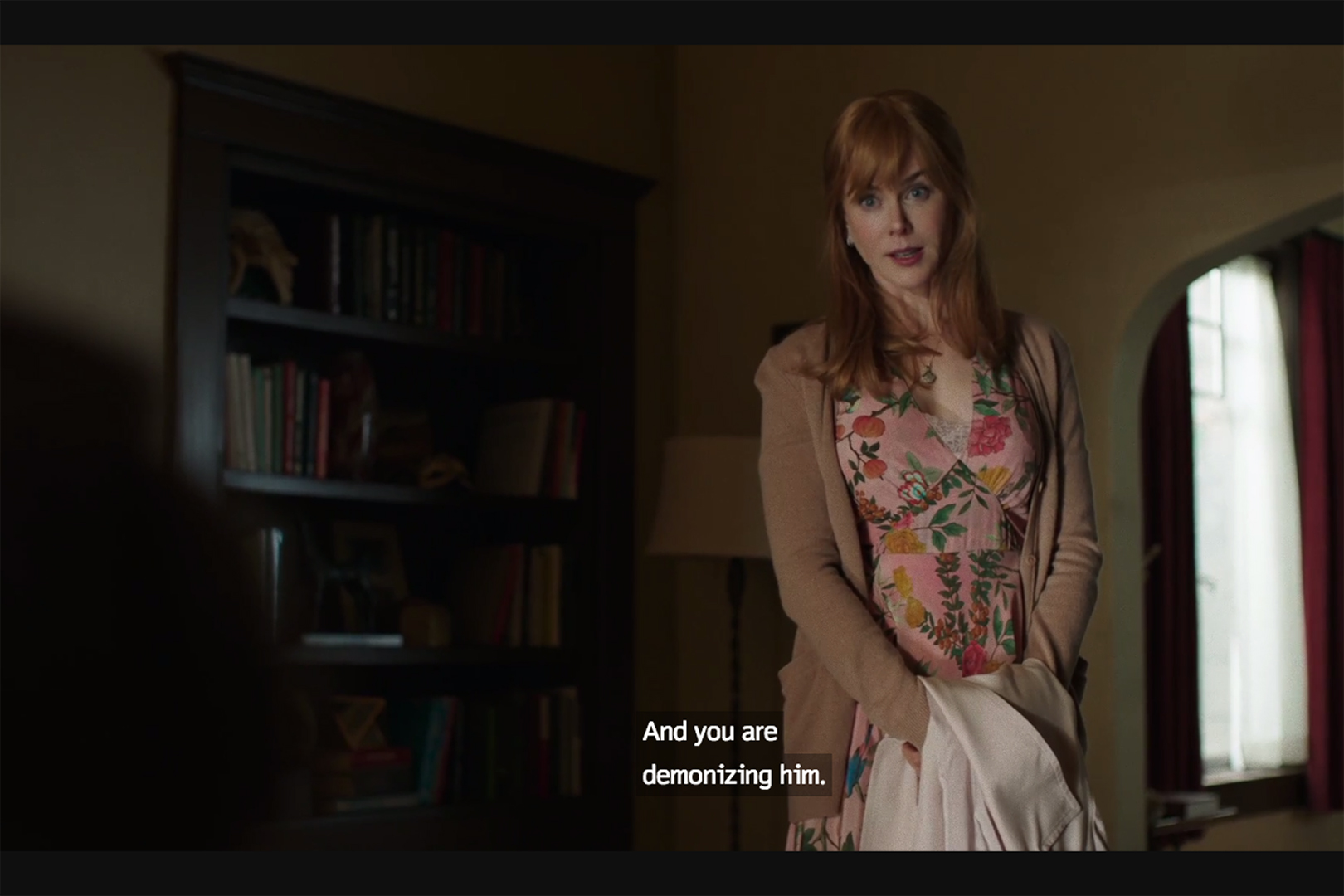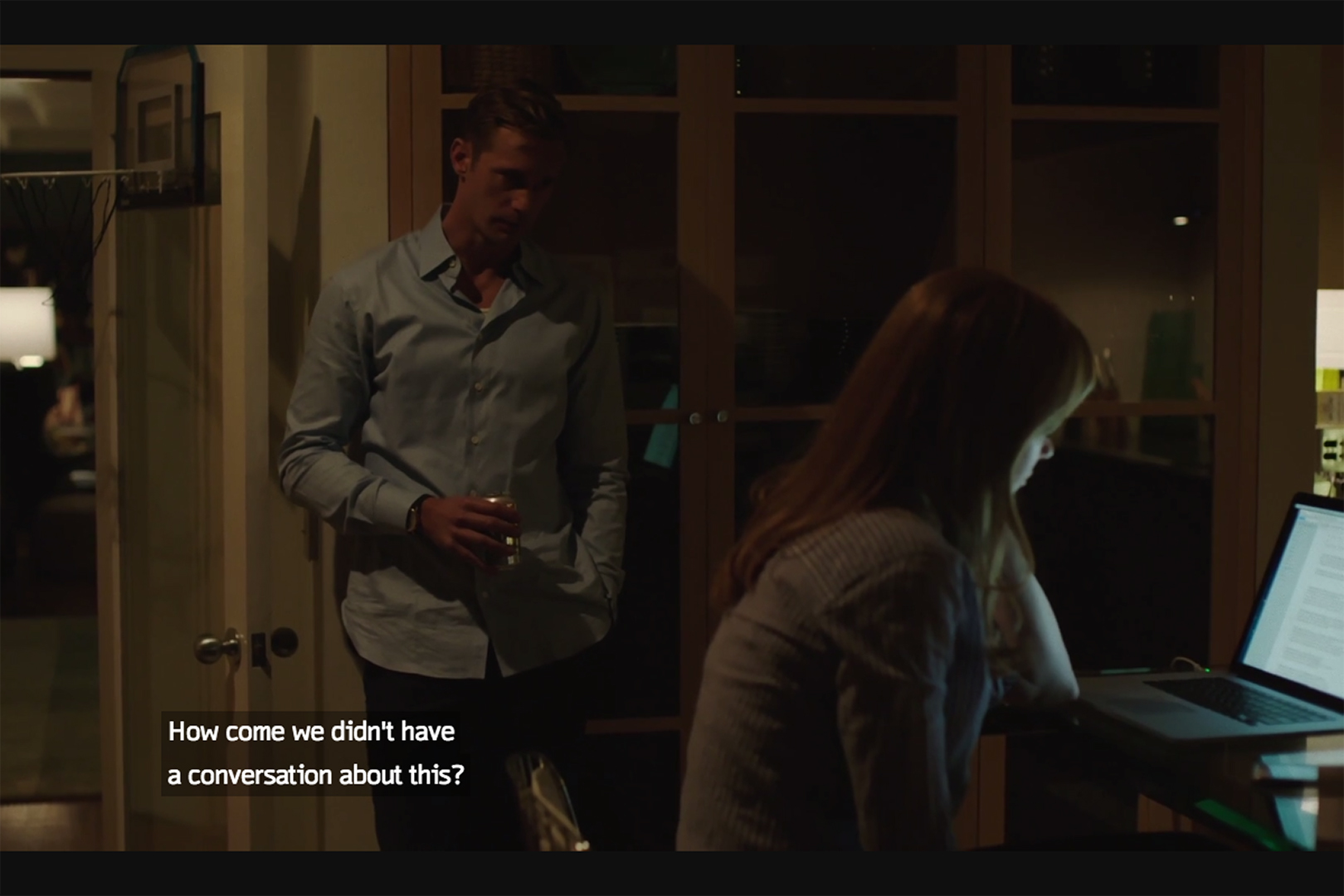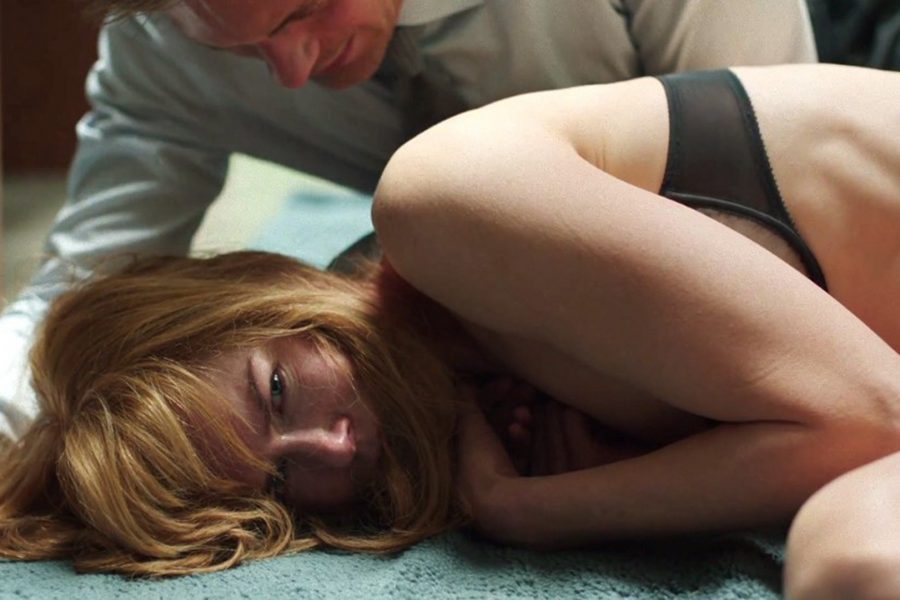Like Celeste, I posted beautiful photos of our camping trips, smiling next to my dog. When friends suggested that something was off about my husband, I defended him. I pretended everything was okay.
So what does a victim of domestic violence look like? The main character of a Lifetime made for TV movie where the victim jumps at every door that slams too hard? Or maybe the victim is disheveled, unkempt, mousey, and frail. Or maybe the victim looks like Nicole Kidman, or me.
This is the perception many people build in their heads about victims. The reality that the series Big Little Lies shows the viewer is that domestic abuse does not discriminate. It can affect any type of woman, regardless of financial status, career choice, ethnicity or strength level.
In the series, Celeste is married to Perry. She is trapped in a life of wealth in a beautiful beach town and a gorgeous house as a backdrop. She values her family and her life so much that she spends each day keeping it together in public and in front of her twin boys. She maintains the facade and she stays.
Viewers may wonder, “How could this beautiful, educated, and poised woman stay and get beaten day after day?” I was asked the same questions: “You’re a beautiful, strong, smart Latina woman. How could this happen to you?”
What people don’t understand is that being abused takes over your entire mental state. Your movements, your decisions, your vision to see your abuser for who they are–a monster using their words, mind, and fists as weapons–is masked by a need to protect your life and the abuser. Celeste exemplifies this as seen during her first solo therapy session with Dr. Reisman, a female, who she visited alone because Perry was on a business trip.
As the therapist prods her and asks more questions about their “raged” and “violent” sex life, Celeste suggest that this might turn them on. The therapist then asks if she has ever sustained bruises by something “other than sex?” Celeste acts oblivious to what the therapist is trying to ask. She responds, “We have a very volatile relationship. I’ve left the occasional mark on him.”
I said the same thing to my first therapist: “I hit him too, though.”
The therapist persists to dig to get the truth out of Celeste and asks, “Hitting him first or hitting him back?” This continues with Celeste telling the therapist she feels uncomfortable and calls her line of questioning “unethical.” The therapist says she breaks the ethical chains when she senses patient is in danger. “He hurts you,” she said to Celeste.
Celeste takes her “share” of the blame and denies that she’s a victim, and begins to list the way she retaliates against Perry. “I hit him. I throw things at him.” Kidman finally gets up and looking down at Dr. Reisman,says, “This feels very wrong. You are demonizing him.”

This is exactly how I felt during my sessions. Therapists would ask me, “Why do you keep talking about trying to defend yourself as if you are the one doing something wrong?” My therapists tried so hard to make me see that I was blaming myself, hanging my head low while at the same time, putting my abuser on a pedestal. I made him out to be this amazing man who was only reacting to me reacting to him. I never saw that my now-ex-husband would throw blows and spit in my face at any sort of defiance, even if I was just getting on his nerves.
In this scene, he tries to make it seem that Celeste is the one who pushes him to hit her for fun, for sex, or from sheer provocation.
“I’ve never done this to anyone else,” he’d say multiple times. “You bring this out of me.”
Never once did I ever lay my hands on him, except to try and pry his hands off to keep him from smothering me or from his hands pulling my hair, just as Celeste said she would do. Our self-defence makes us view ourselves as the bad women in our marriages because our abusers tell us we are the ones causing them to beat us. In my case, it wasn’t just my abuser.
My ex sister-in-law once saw my bruises when I went looking for my ex like a little puppy dog a day after he hit me. She and I spoke in my car, in secrecy. When I exposed my arm, in tears, so she could see what her beloved brother did, she said, “He needs serious help.” This comment was immediately followed by, “But he’s also told me he gets this way because you make him see red. You bring this out of him.”
I was viewed by a woman I considered my family, and who I confided in, as the provoker. This pushed me even harder to keep on trying to make it better and to appear the happy, smiling, carefree, husband-worshiping Brigette, just like Celeste. I had to keep going. No one could know or we would be separated for sure. I had to prove everyone wrong about my man. I had to hold onto the hope that it would get better because hope was all I had to stay with him. Hope and those small moments where I’d tell myself what an amazing man he was.

Big Little Lies is not a show about bored and wealthy white women living in Monterey. It is a show with complex characters that takes on topics of domestic violence, sexual assault, insecurity, and the struggles women go through to be a top dog in a man’s world.


